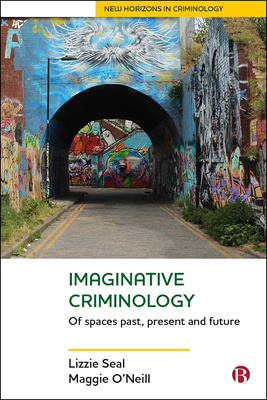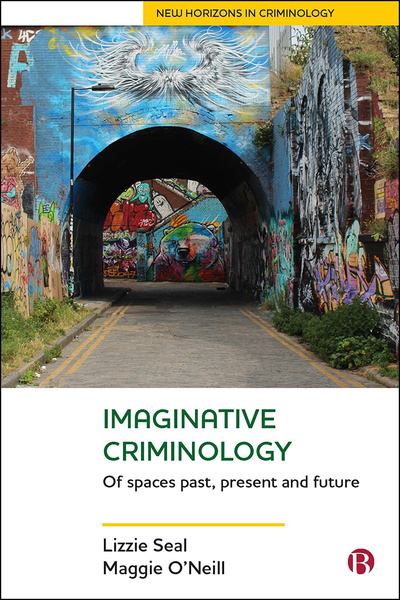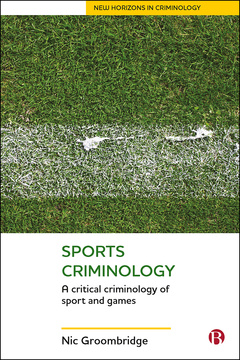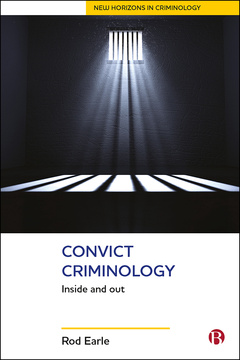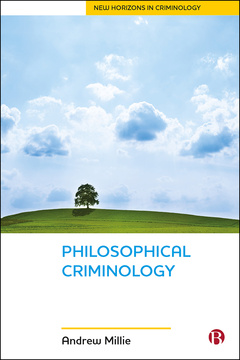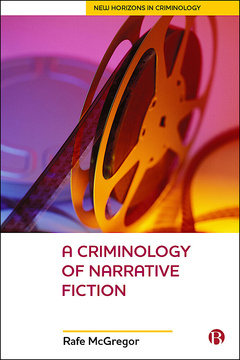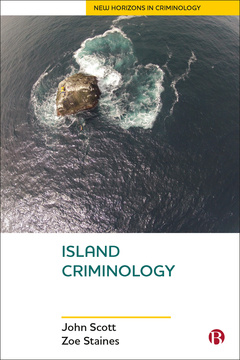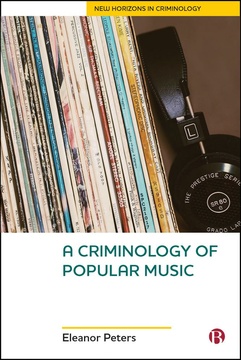ISBN
978-1529202731Dimensions
234 x 156 mmImprint
Bristol University PressISBN
978-1529202687Dimensions
234 x 156 mmImprint
Bristol University PressISBN
978-1529202724Imprint
Bristol University PressISBN
978-1529202700Imprint
Bristol University PressThis distinctive and engaging book proposes an imaginative criminology, focusing on how spaces of transgression are lived, portrayed and imagined. These include spaces of control or confinement, including prison and borders, and spaces of resistance.
Examples range from camps where asylum seekers and migrants are confined, to the exploration of deviant identities and the imagined spaces of surveillance and control in young adult fiction. Drawing on oral history, fictive portrayals, walking methodologies, and ethnographic and arts-based research, the book pays attention to issues of gender, sexuality, age, ethnicity, mobility and nationality as they intersect with lived and imagined space.
''This is much more than a ‘methodology book’; it re-imagines what criminology might be. I already want to re-read... A book to inspire the novice and long-time criminologist in equal measure.'' Jennifer Fleetwood, Goldsmiths, University of London
Jennifer Fleetwood, Goldsmiths, University of London.
''Dazzling in its methodological, conceptual and theoretical scope, the authors provide a compelling critical contribution to criminological analyses of time, space and place. This book is testament to the fact that criminology can be imaginative!'' Yvonne Jewkes, University of Bath
Lizzie Seal is Reader in Criminology at University of Sussex. She researches in the areas of historical and cultural criminology.
Maggie O'Neill is Professor in Sociology at University College Cork. She is an ethnographer who researches in the areas of cultural criminology, critical theory/feminist theory, biographic, participatory and arts based/walking methods, specifically in relation to sex work and (forced) migration.
Imaginative Criminologies of Space - the spaces of imaginative criminology;
Historical Spaces of Confinement 1: Homes for Indigenous Children in Australia;
Historical Spaces of Confinement 2: Magdalene Laundries;
Creative writing and the imagined spaces of imprisonment;
Border Spaces and Places: the age of the camps;
Imagining spaces of violence and transgression in Vancouver and Northern Ireland;
Imagining Dystopian Futures in Young Adult Fiction;
Conclusion.







